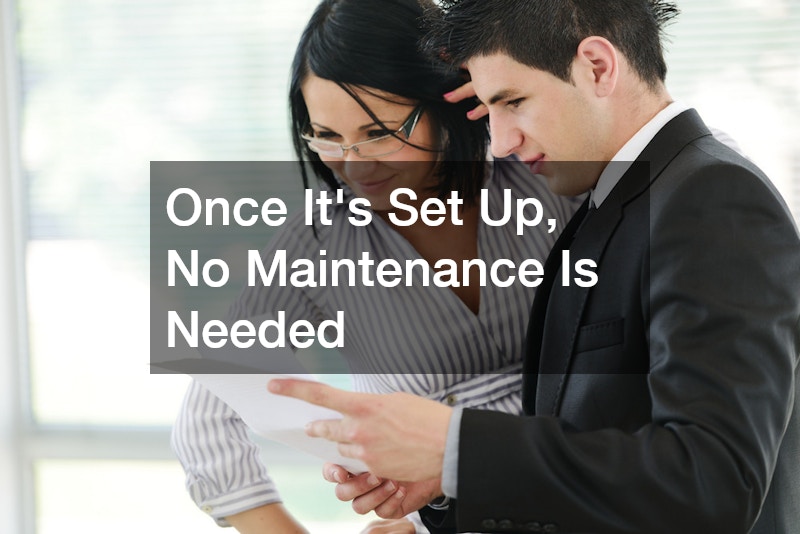Revocable trusts are popular tools in estate planning, but they’re often misunderstood. Clearing up common misconceptions can help you make informed decisions about your future.
Myth 1: Revocable Trusts Avoid All Taxes
Many people assume that setting up a revocable trust eliminates estate and income taxes. In reality, a revocable trust does not provide tax benefits during your lifetime.
Since the trust is revocable, you retain control over the assets, and they’re still considered part of your taxable estate. Tax strategies may still be possible, but they typically require additional planning tools.
Myth 2: Only the Wealthy Need a Revocable Trust
Revocable trusts are not just for the ultra-wealthy. They offer valuable benefits to anyone who wants to avoid probate, maintain privacy, and ensure a smooth transition of assets. Families with modest estates can still use revocable trusts to save time, reduce court involvement, and keep financial matters private.
Myth 3: A Will and a Revocable Trust Do the Same Thing
While both documents are used in estate planning, they serve different purposes. A will becomes effective only after death and often requires probate. A revocable trust, on the other hand, can manage your assets during your lifetime, in the event of incapacity, and after death—without going through probate.

Myth 4: Once It’s Set Up, No Maintenance Is Needed
Creating a revocable trust is not a one-time task. You need to fund it by transferring ownership of your assets into the trust. Also, any major life events—like marriage, divorce, or the birth of a child—may require updates to your trust document.
Understanding the facts behind these myths helps you use a revocable trust more effectively as part of a complete estate plan. Consulting with an estate planning professional is a smart next step. .
